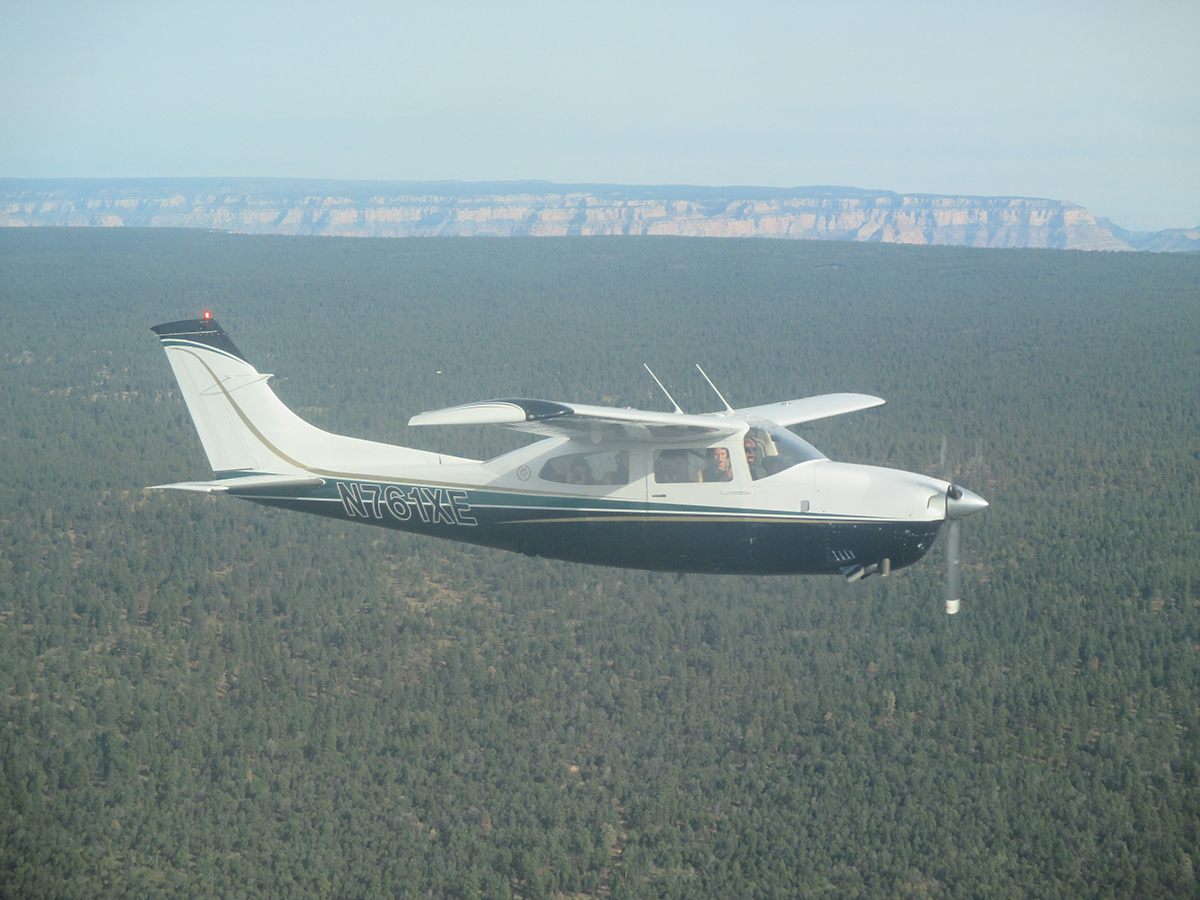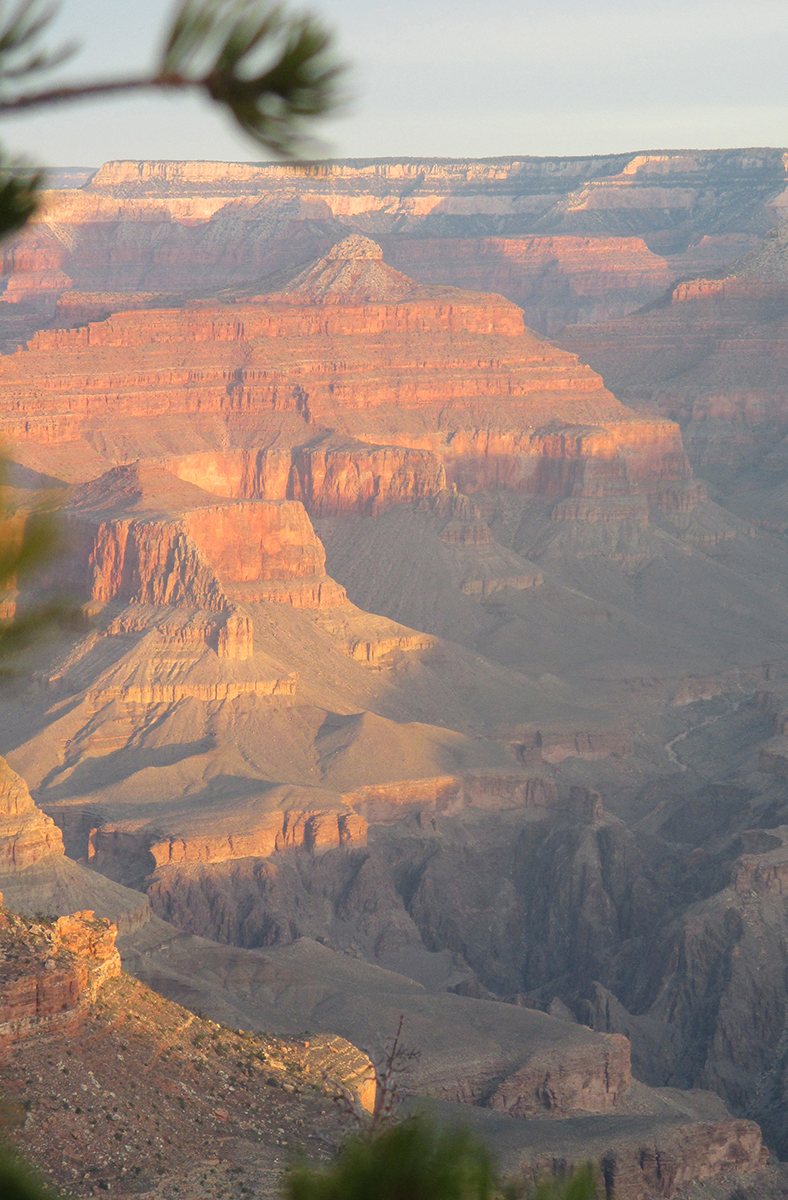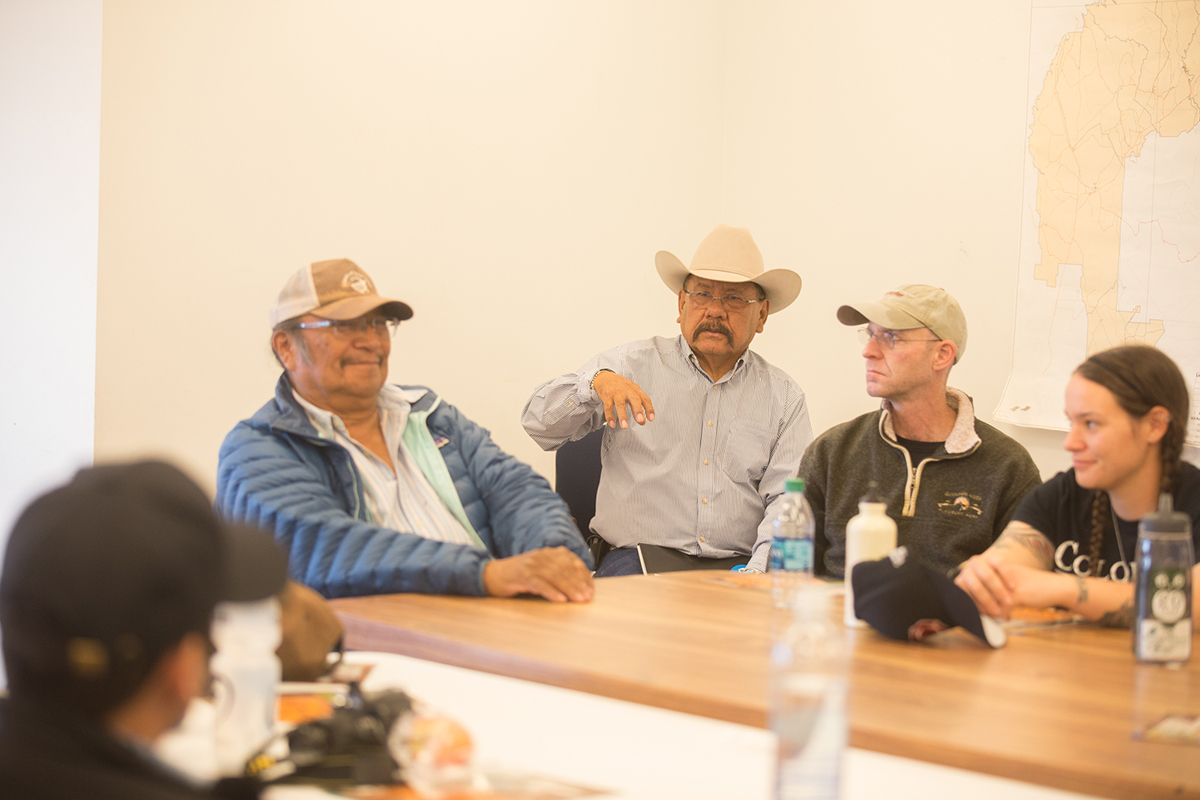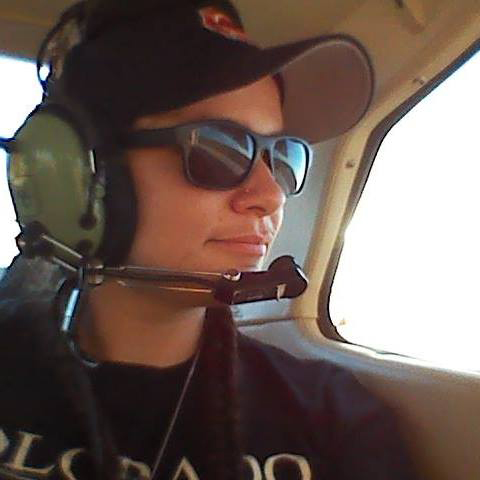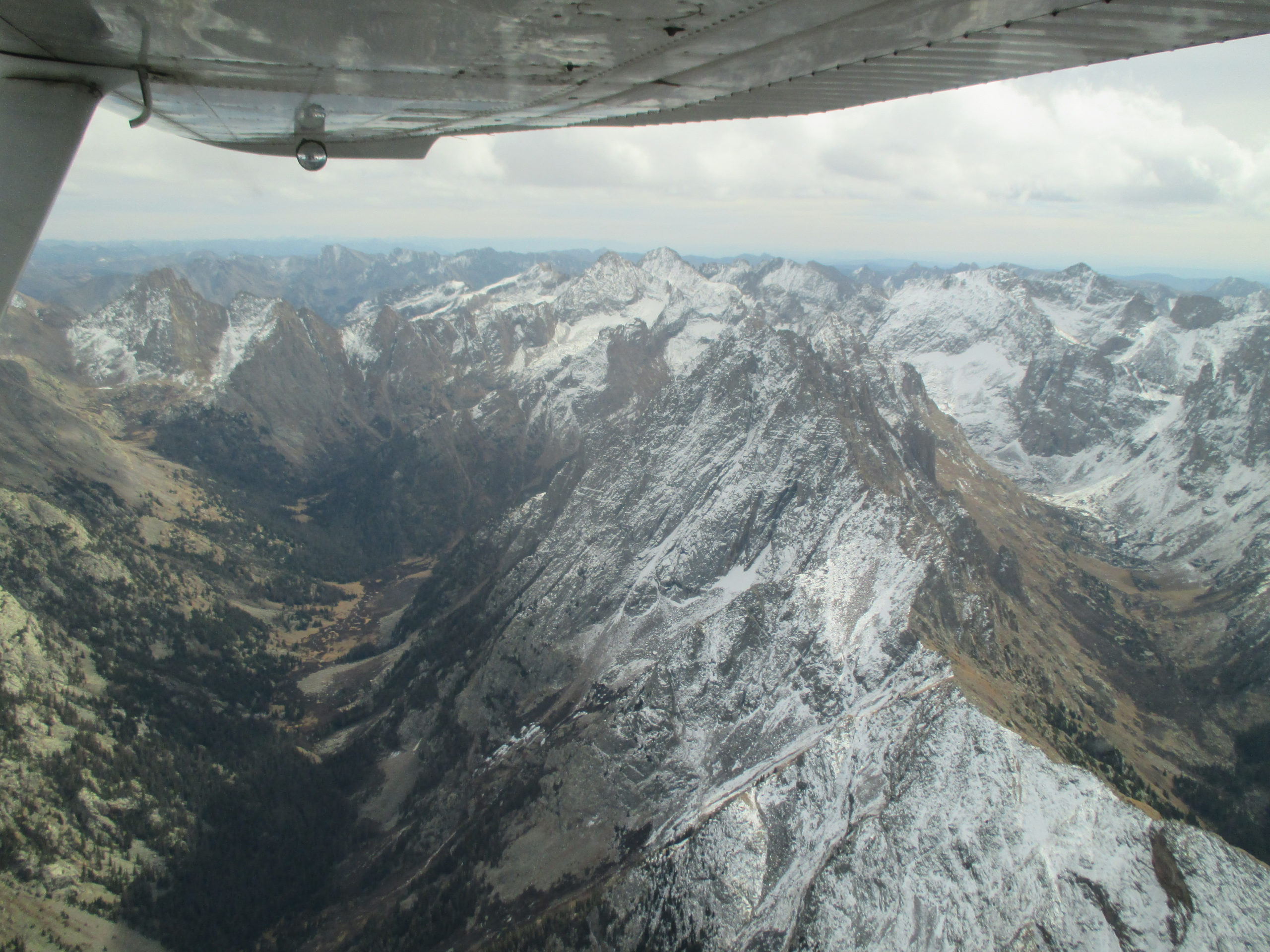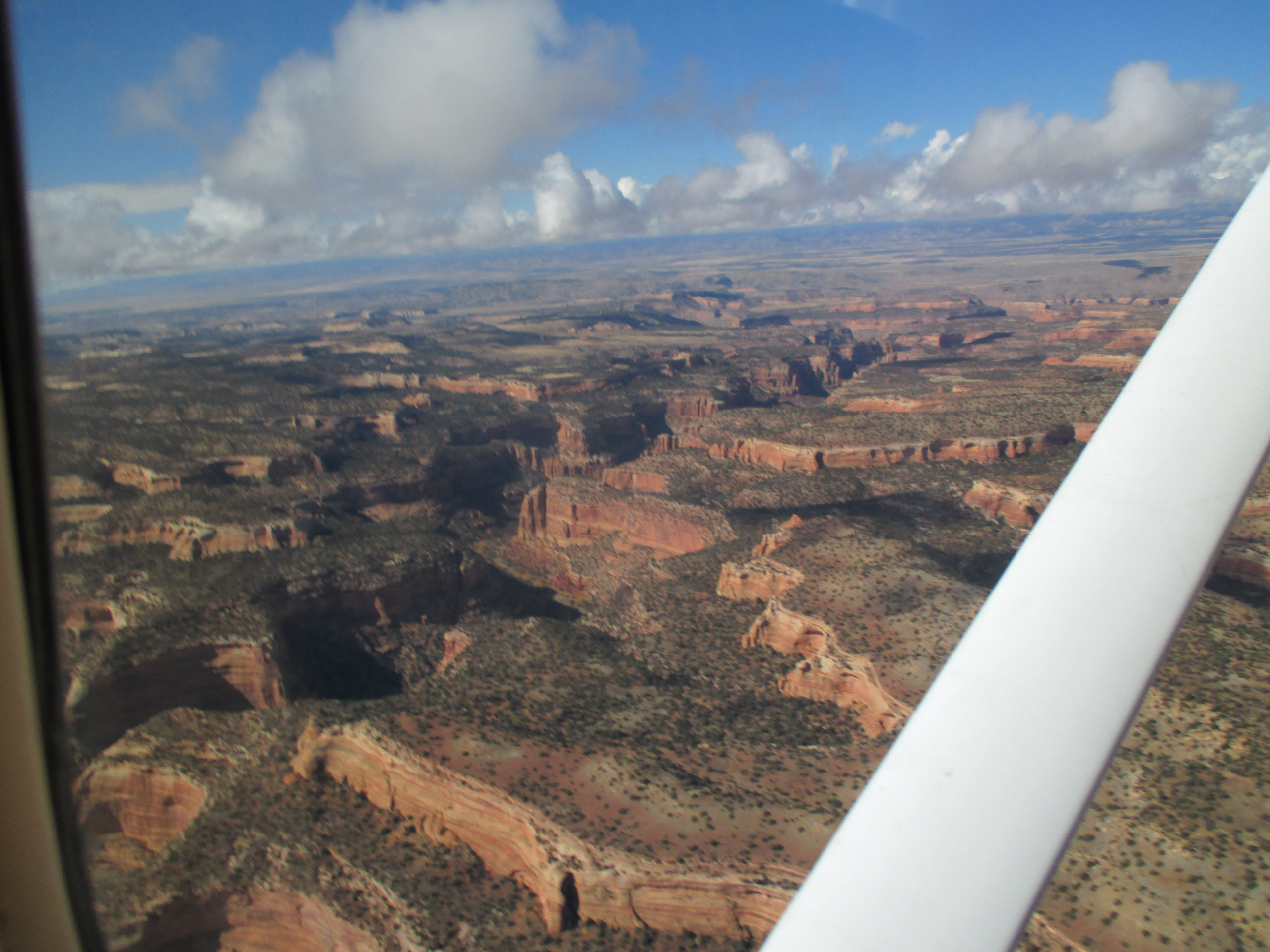Sustainability student gains insight into America’s wild lands
By Ellie Langford
Ellie Langford is working towards a bachelor’s degree in sustainability studies at CMC Spring Valley. She was selected to participate in EcoFlight’s annual Flight Across America program this fall.
During the last week of October I had the honor of being selected to participate in EcoFlight’s Flight Across America (FLAA) program. EcoFlight is a 501(c)3 nonprofit aviation organization based in Aspen. Its mission is to educate and advocate for the protection of remaining wild lands and wildlife habitat through the use of small aircraft.
The aerial perspective and educational programs encourage an environmental stewardship ethic among citizens of all ages. Each year the Flight Across America program provides college students with an opportunity to learn about a conservation topic using their unique aerial perspective.
This year the theme was to celebrate the centennial of the National Park Service and look forward to next 100 years of stewardship. Students learned about the current threats to public lands, both those in national parks and the buffer public lands around the parks, including mining, development, overgrazing, oil and gas extraction and reduced funding to our National Park Service.
We also learned about the value of protecting cultural and sacred landscapes. Protecting cultural resources and ensuring that Americans from all ethnic backgrounds have a stake in our public lands is key to preserving these spaces for future generations.
The FLAA program combines conservation flying with on-the-ground experiences. We met with activists, scientists, miners and park employees; each presenter helped us better understand a different issue, whether cultural, or about conservation or industry.
We also prepared for the program by completing an extensive reading list to ensure that we had an understanding of each location and issue on the trip, allowing us to ask meaningful questions and learn the most from every presentation. The readings and presentations also helped us better understand the landscapes we saw on our overflights.
The highlight of my trip was learning about the proposed Bears Ear National Monument in southeastern Utah. We read several articles about the proposed monument and learned from groups supporting the proposal before meeting with local tribal leaders in Bluff, Utah.
The Bears Ears National Monument proposal is unique because the effort is led by an inter-tribal coalition of multiple Native American tribes including the Hopi, Navajo, Ute Mountain Ute, Zuni, and Ute. The tribes will also play a role in managing and protecting the monument, if designated. The monument will include over 100 sacred sites used for healing ceremonies and medicinal plant gathering. The proposed Bears Ears Monument covers 1.9 million acres and will also protect public wild lands that are currently under threat from mining and oil and gas development.
The aerial perspective provides a rare view of our spectacular western landscapes and a unique insight into threats to our public lands. Flying over areas like the Elk Mountains, the Maroon Bells, and the Grand Canyon was awe-inspiring and unforgettable. The four corners region of the western United States holds some of the most spectacular and incomparable landscapes in the world. But the experience was bittersweet; we observed landscapes checkered with hundreds of natural gas wells outside Rifle and Durango; a layer of smog hanging over Mesa Verde National Park; and a uranium mine perched on the south rim above the Grand Canyon.
We also flew over the confluence of the Colorado and Little Colorado rivers deep in the Grand Canyon, where a 400-acre development is proposed that will allow 10,000 people to visit the bottom of the canyon via a gondola every day. This river confluence is not only a sacred site for several Native American tribes but is currently an area of solitude and affords a remote wilderness experience to any visitor who makes the effort to get here.
Flight Across America is an experience that has changed and enhanced my view and understanding of our public lands, and the value inherent in our wild lands. I hope our community will continue to support EcoFlight and this life-changing opportunity will be available for Colorado Mountain College students for years to come.
